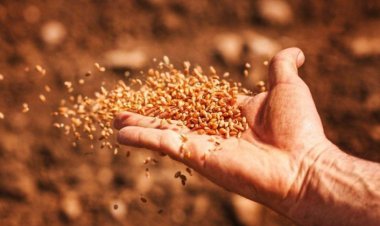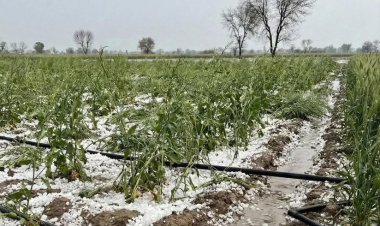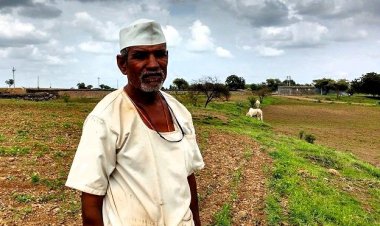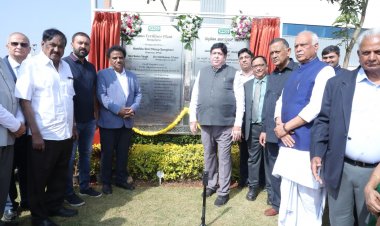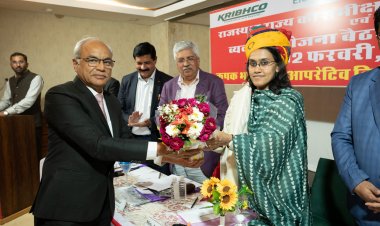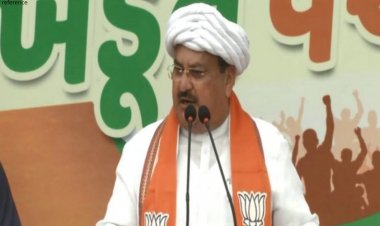GEAC okays field trial of new GM variety of BT cotton; Telangana, Maharashtra, Gujarat refuse, no decision on HTBT
The Genetic Engineering Appraisal Committee (GEAC) has approved field trials of a Genetically Engineered (GE) variety of hybrid cotton from Bioseed Research Limited, a Hyderabad-based company of DCM Shriram Group. Cry2ai gene has been used in this variety which prevents pink bollworm disease in cotton. The GEAC approved its BRL-1 trial which is for one year.
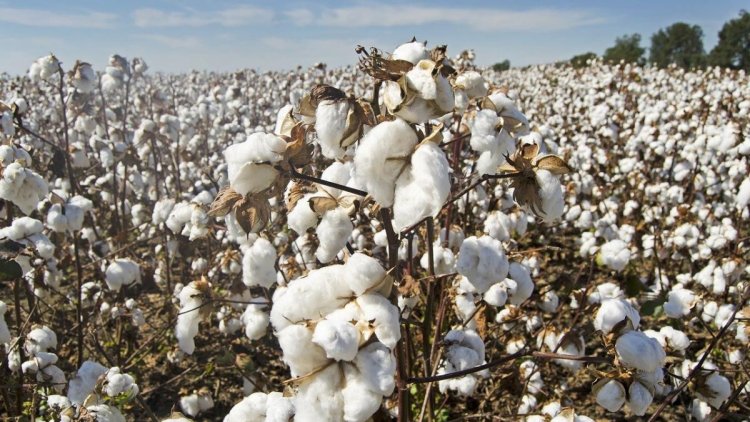
The Genetic Engineering Appraisal Committee (GEAC) has approved field trials of a Genetically Engineered (GE) variety of hybrid cotton from Bioseed Research Limited, a Hyderabad-based company of DCM Shriram Group. Cry2ai gene has been used in this variety which prevents pink bollworm disease in cotton. The GEAC approved its BRL-1 trial which is for one year.
Minutes regarding the proposal approved in the 148th meeting of GEAC for field trial of genetically engineered (GE) variety containing Cry2AI gene have been approved in the 149th meeting of GEAC on May 17, 2023. In the next phase, the BRL-2 trial takes place. The 148th meeting of the GEAC was held on January 31, 2023. Bioseed's application was approved for the trial of this hybrid GE variety in Haryana, Telangana, Maharashtra and Gujarat. But except Haryana, the three other states have refused to allow the trial of this GE variety of cotton. In the GEAC meeting on May 17, 2023, Telangana, Maharashtra and Gujarat have been asked to explain the reason for not conducting field trials.
Also, in a significant development, the GEAC has not approved herbicide tolerant BT cotton (HTBT) variety of cotton known as Bollgard II Roundup Ready Flax (BG II RRF). Maharashtra's company Mahyco Private Ltd has applied for this. But, the GEAC has asked Mahyco to provide more details on the impact of this variant and its socio-economic consequences. Due to this stand of GEAC, it is almost certain that approval of this variety is unlikely for this year's cotton season.
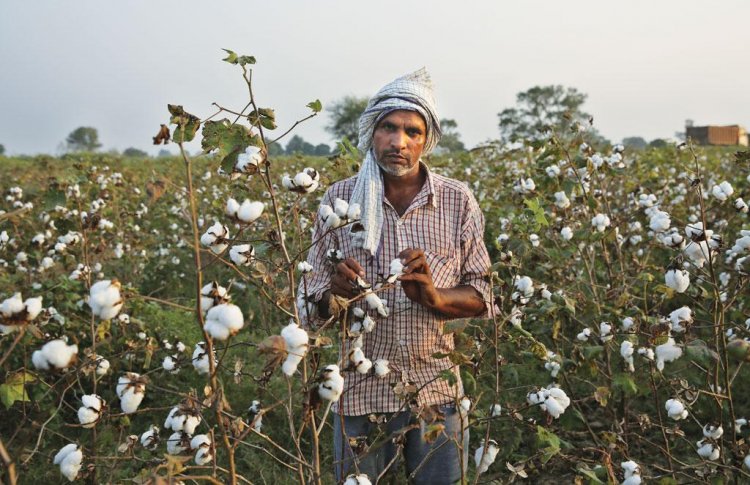
As far as the field trial of the GE variety of hybrid cotton of Bioseed is concerned, Barwala of Hisar district in Haryana has been selected. Janwada in Telangana, Jalna and Akola in Maharashtra, and Junagadh in Gujarat have been selected for field trials. But Telangana, Maharashtra and Gujarat have refused to allow the trial. While pink bollworm disease in cotton is most common in Gujarat and Maharashtra.
In the case of GM crops, a notification was issued in 2011 during the UPA government's tenure with then Environment Minister Jairam Ramesh, making it mandatory to obtain a No Objection Certificate (NOC) from the states for field trials of GM crops. Even after the approval of GEAC, it is necessary to get NOC from the states for field trials of GM varieties. Due to this provision, even after the approval of GEAC, field trials of the new GM variety of Bioseed are not being done in Maharashtra, Telangana and Gujarat.
However, GEAC is continuously writing to the states in this regard. Officials from Telangana attended the May 17 meeting. GEAC has asked them to explain the reason for denying the field trial. At the same time, GEAC has also talked about sensitising the states regarding GM issues.
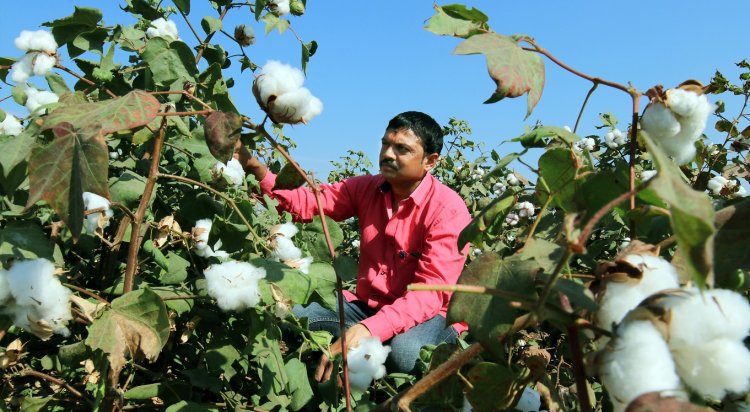
Cotton is the first crop in India to have been approved for commercial production of a GM variety. This approval was first given in 2001. The approved variety was given to a joint venture between the American company Monsanto and the Indian company Mahyco. After that the Bollgard II variety was approved. But environmentalists have been opposing the approval of GM varieties of crops. As a result, commercial production of any GM variety has not been approved for the last decade. In October, 2022, the GEAC had approved field trials of GM mustard. But this matter is still going on in the Supreme Court.
On the other hand, agricultural scientists say that HTBT varieties are being cultivated illegally in the country on a large scale. In such a situation, there is no justification for postponing the approval of HTBT.



 Join the RuralVoice whatsapp group
Join the RuralVoice whatsapp group

















